 In June 15, 2016 the President of Barley, Malt, Hops and Beer Union Alexander Mordovin took part in the live broadcast of “Russian News Service” “Economy in the Russian style”.
In June 15, 2016 the President of Barley, Malt, Hops and Beer Union Alexander Mordovin took part in the live broadcast of “Russian News Service” “Economy in the Russian style”.
Topic: Development of beer and beverage market
R. Karimov: Hello, Alexander Mordovin, the President of Barley, Malt, Hops and Beer Union is on the air.
A. Mordovin: Hello
R. Karimov: We’ll talk about everything: trade, small breweries, debates of the Federal Antimonopoly Service and the Government, concerning return of beer and cigarettes to stalls, 1,5 l. PET containers and a level of consumed alcohol by Moscow citizens etc. We’ll start with the topic that many beer portals “clang a bell”: profitability of small brewing business greatly decreased due to switching to USAIS. Is it true?
A. Mordovin: Introduction of USAIS, especially cross USAIS i.e., is a monitoring system over alcohol producers. Beer is an alcohol product, so there is no any exclusion for sub-groups. The Government authorities shall know a volume of produced and distributed alcohol as these two positions often differs that leads to excise tax avoidance.
R. Karimov: Are breweries planning to withdraw into the shadows?
A. Mordovin: Right, it is very profitable today. Brewing excise tax increased from 3 rub. to 20 rub., so by seven times.
It is time for a brewer when he tries to save money due to non-payment of excise taxes. This way was used by strong alcohol producers, making a great counterfeit alcohol market. Unfortunately, in our country the meaning “shadow market” is a normal state of things and some brewers use so called “partial excise tax” when an excise tax is paid for a portion of products.
R. Karimov: How do they distribute it and register?
A. Morodvin: Beer doesn’t need an excise mark, so accounting of produced and distributed products can differ. And as a rule, it is distributed via controlled points of sale.
R. Karimov: When you mentioned strong alcohol producers, you used gerund “having made”, so having made a shadow market indirectly, right? Or directly?
A. Morodvin: Shadow alcohol market is made as a result of a high excise rate. And having multiplied this excise rate by production volume, we get sums equal to billion rub. So, today an excise rate is very high, so we get significant figures.
R. Karimov: What is a prime cost for 1 litre?
A. Mordovin: It is a complex issue. For example, a prime cost of transnational companies Carlsberg and “Baltika” differs from a small craft brewer who is located, for example in Udmurtia. And it is clear enough, purchasing of small volumes of raw material is rather expensive and the prime cost – technological processes of beer production in small breweries are higher as well as a price. Craft brewing is in priority. A price for a litre even in the shop is 100 rub. or 200-300 rub. and it is reasonable.
R. Karimov: What is necessary for a small brewing company? I mean resources, documentation etc.
A. Morodvin: It is a complex question. Let’s start with documentation. Firstly, it is necessary to register LLC. Unfortunately, an individual entrepreneur has not a right to produce alcohol and wholesale it, IE has a right only to retail these products. Then, to define production volumes and product range, it is necessary for selecting of technological equipment for a small, medium and large brewer. If you plan to purchase technological equipment, you need a sum of money depending on a country of origin – Russia, China, Germany, Czechia, Austria. To my opinion, a minimum size of investments is 10 million rub. to buy Russian or Chinese equipment.
R. Karimov: To what extent is it interesting to investors?
A. Morodvin: It is very interesting, because a margin in the craft beer is very high and in some cases it exceeds 100%.
R. Karimov: Despite competitors in the same region?
A. Mordovin: The market has not saturated yet. By our estimates, the craft market will continue developing. We think that brewing productions at the territory of the RF exceeded 1000, including craft productions.
R. Karimov: What is your opinion: will craft beer replace a foamy beverage of large producers in future?
A. Mordovin: If we are based on a quality product, we have large brewers, making quality beer. Firstly, they are Russian brewers using 100% malt, hop and classical brewing standards. So, this category existed and will exist and will be more affordable than craft beer.
R. Karimov: Alexander Nikolayevich, we discussed finance, location and distribution and what about raw material suppliers?
A. Mordovin: At this moment, due to the development of the craft brewing, our malt companies mastered special malt varieties production for brewing of certain beer brands. So, import of brewers’ malt and malting barley almost faded away. But as for hop, the situation is problematic: hop suppliers are Czech Republic, Germany and the USA.
R. Karimov: Will hop import be limited due to sanctions?
A. Mordovin: We have been thinking over hop renewal together with the Ministry of Agriculture of the RF. We can’t leave open the possibility to import hop for 10 billion rub. annually; we can grow hop in Chuvashia and the Kursk Region. The problem is complex because hop requires long-term investments, 5-7 years is necessary to get first trade volumes. We hope that hop renewal will become a key topic to be advanced.
R. Karimov: As I understand, the Ministry of Agriculture pays lip service; the Government has not got money?
A. Mordovin: I’m afraid, in the short term, it’ll be impossible to receive money from the Government. Beer is alcohol and we are glad that the Government is trying to support domestic wine makers because wine production greatly decreased since soviet times. So, we’ll hope for the best.
R. Karimov: Is it possible to calculate the share of the domestic craft beer at the Russian market?
A. Mordovin: Do you mean the share in the total beer production countrywide?
R. Karimov: Yes
A. Mordovin: Our estimates – 10 billion litres. So, according to the official data – 7,4 billion litre for the last year.
R. Karimov: What is percentage?
A. Mordovin: The craft beer is from 3% to 4% of the total beer production volumes countrywide.
R. Karimov: Do you expect increasing?
A. Mordovin: We are estimating increasing of craft brewers. It is profitable.
R. Karimov: Mr. Nemeruk, the Head of Trade and Service Department told that alcohol consumption dropped for a year and a half. For example, beer consumption dropped from 91 litres per capita to 80 litres.
A. Morodvin: As a public official, Alexey Nemeruk is based on the State Statistic Service, but we have illegal alcohol market, so these data are not correct. By our estimates production and consumption beer volumes have been rather stable during five years.
R. Karimov: Besides, this isn’t about seasonality.
A. Morodvin: Seasonality resides in beer: the hotter summer the higher beer consumption, especially in the south regions. For example the Rosotov Region and the Krasnodar Territory produce great volumes in summer – three parts of the total production volumes. In Moscow the situation differs.
R. Karimov: Did cancellation of advertising influence on beer sales?
A. Morodvin: As I told, we had a stable picture during five years. No doubt, legislative limits influence on the situation and as for profitability it was dropped due to lack of investments or introduction of PET limits. Transnational companies suffer most of all but it is connected with the development of the Russian craft brewing segment.
R. Karimov: Do large producers put a spoke in craft brewers’ wheel?
A. Morodvin: Yes, but there are some topics that I can’t voice. We’ve already taken countermeasures. Having created the Union, joining participants of beer and beverage markets, we decided to make a system of countermeasures. As a result, today there are some easing for small brewing producers, for example a differentiated excise rate. We’d like to stimulate producing of high quality product made of 100% domestic raw material without chemical enzymatic agents.
R. Karimov: «What is craft beer?», asks our listener. Craft beer is a beverage made by small breweries, craftsmen. Right?
A. Mordovin: Yes. It is a small brewing production with certain brewing segments.
R. Karimov: Is alcohol- free beer harmful? It contains colorants, flavoring agents.
A. Mordovin: If we take classical alcohol-free beer, it is brewed according to classical rules without adding of alcohol. It is not dangerous for health, even if it contains 0,5% of alcohol.
R. Karimov: What producers make natural beer without flavoring agents?
A. Mordovin: There are Russian best brewing producers – “Ochakovo” and “Moscow Brewing Company”. They brew beer according to classical technologies, using 100% malt and natural hop. Bu there are some transnational brands, but a consumer shall read a label on the bottle attentively. This beer shall not contain maltose syrup and sugar-containing components.
R. Karimov: Is it better to buy beer of the craftsman?
A. Morodvin: It is individual. As a rule, small brewers follow the brewing technology but even homer sometimes nods.
R. Karimov: Brewers’ malt is consumed only by 15% in Russia. There is no barley and malt, everything is made from concentrates and low quality flavoring agents. As usual, we feed western countries.
A. Mordovin: It is not exactly. We are responsible for federal raw material programs and I’m sure that brewers’ malt is produced equally to needs of the local brewing industry. According to the last year data it was 1,1 million tons. And aggregate production capacities in Russia exceeded 2 million tons. As for malting barley, we have good estimates, we are planning to produce 3 million tons of malting barley. As for hop, the situation is rather complex.
R. Karimov: How much shall a person drink beer per day? Nothing. What about PET?
A. Mordovin: The law comes into force since signing by the President. The draft bill passed the second and the thirds reading. The next step – approval by the Federation Council.
A. Mordovin: Today, it will be examined.
R. Karimov: And what next? They call for quality and say that it is harmful to bottle beer into plastic containers, others sure that this is a lobby of glass and aluminum producers. What is a real reason?
A. Mordovin: If it was so, PET could be prohibited five years ago. But these producers understand that if PET containers are prohibited, sales jump will not occur, because the draft bill covers only 0,5 l. containers. For a brewer it is convenient to use 0,5l.: it is small and easy while transporting. But all PET containers shall be prohibited and this is a key position of our Union. Taking into account researches of the German Technical University, beer begins souring after bottling into the PET container in a week. So, my choice is glass and aluminum can.
R. Karimov: And what about beer in tanks sold in hypermarkets, small retail outlets, is it original?
A. Mordovin: It is again individual. It depends on a producer.
R. Karimov: By the way, it is better to bottle beer into 3 litre vessel?
A. Mordovin: Germans told that within two weeks beer in PET is not problematic.
R. Karimov: What does lemon beer contain?
A. Morodvin: There are over 2000 beer brands. Beer shall contain natural flavoring agents. So, lemon beer shall be brewed with adding of lemon zest extract.
R. Karimov: Now, producers even use PET kegs. Will it be prohibited, it is not a consumer container.
A. Morodvin: According to the draft bill, PET prohibition will touch only consumer containers, so PET kegs will remain.
R. Karimov: As for beer stalls, will beer be returned to it?
A. Morodvin: If beer returns to stalls, stallmen will get over 50% of profit and
together with cigarettes it will be 60-70%. But to my opinion it is unreasonable to sell beer in stalls because storage temperature is not withstood in these stalls. Besides, we can observe the increase of illegal alcohol sales through this kind of the trade chain.
R. Karimov: Where can we buy hop and malt for home brewing?
A. Mordovin: It is almost impossible. But I know some enthusiasts whose beer is homebrew. And I support them, some beer is good for me, other is not so tasty.
R. Karimov: Where can a person buy raw materials?
A. Mordovin: Via internet browser: brewing raw materials”. There many producers and companies, including members of our Union even in out web-site, who are ready to supply any volumes you wish.
R. Karimov: Are you satisfied with legislative initiatives concerning the brewing industry?
A. Mordovin: Yes, there are many legislative initiatives that have already become effective. Some brewers say that the Government tries to tighten them but it is not true, the Government is planning to put things right.
R. Karimov: Alexander Mordovin was on the air. Thank you, see you next time!





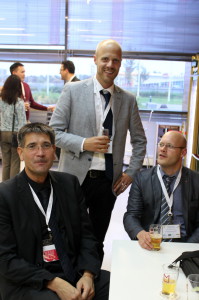

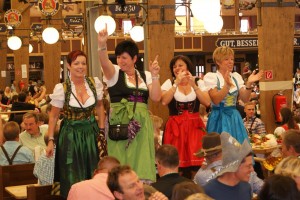
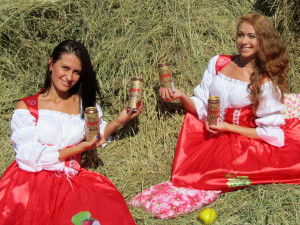
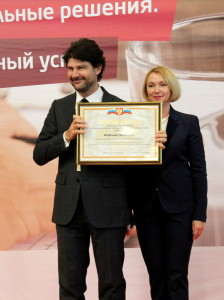
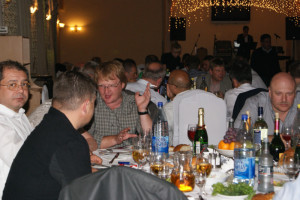

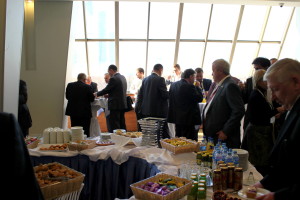
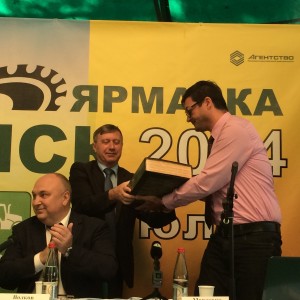
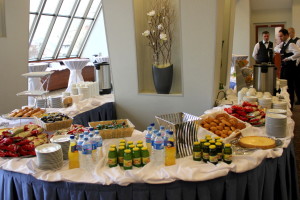
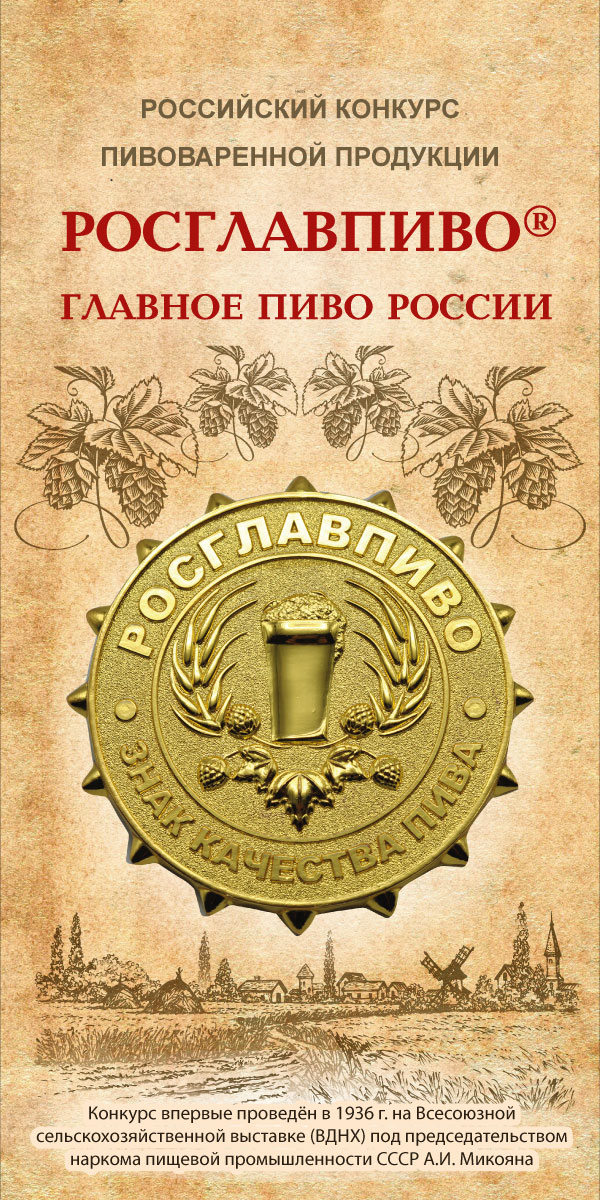
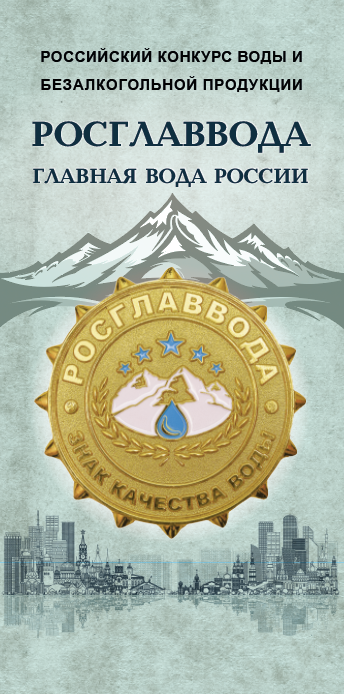
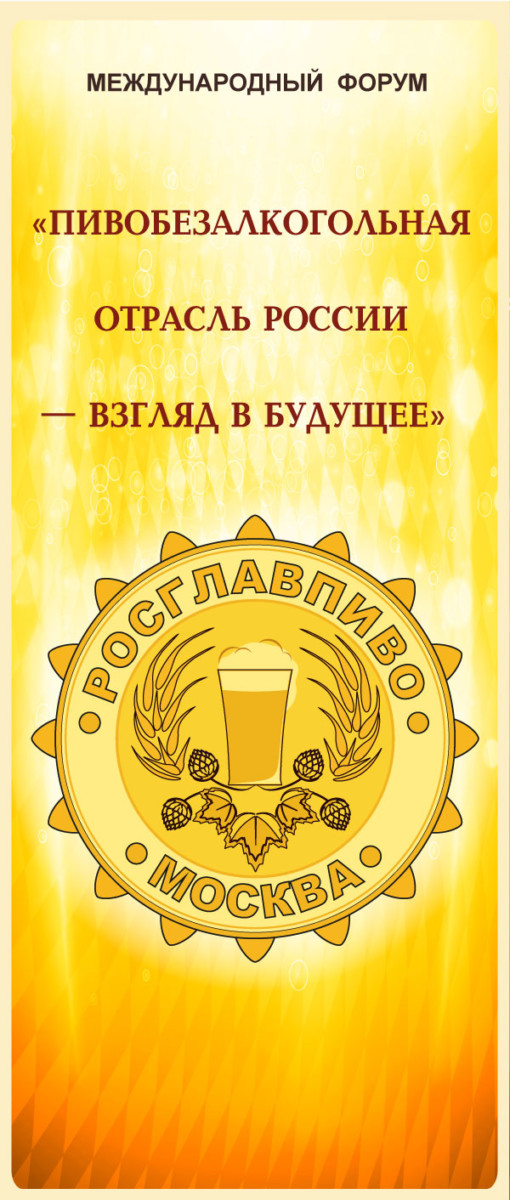
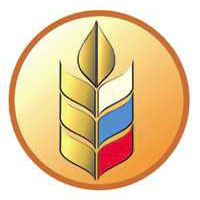
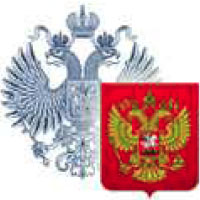

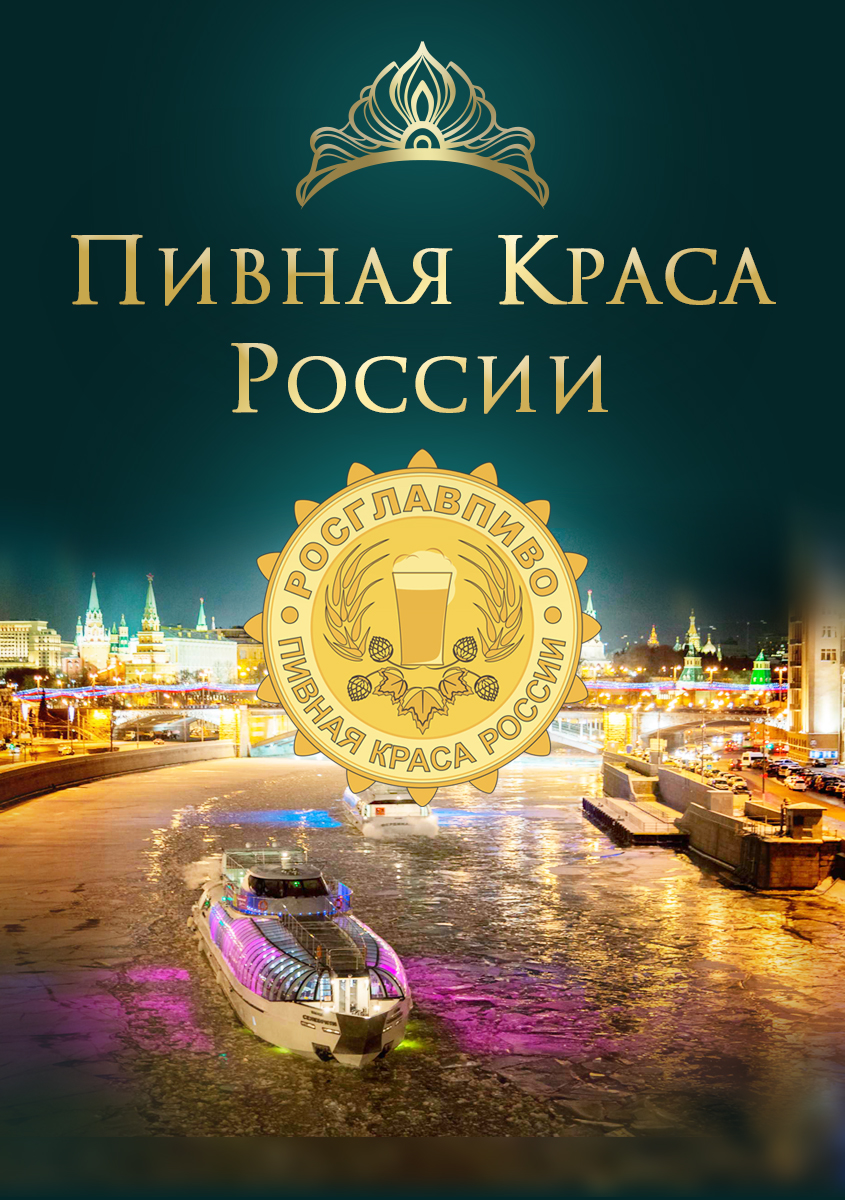



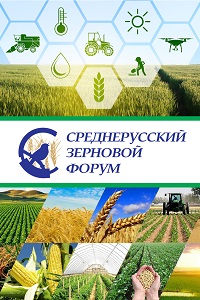

No comments